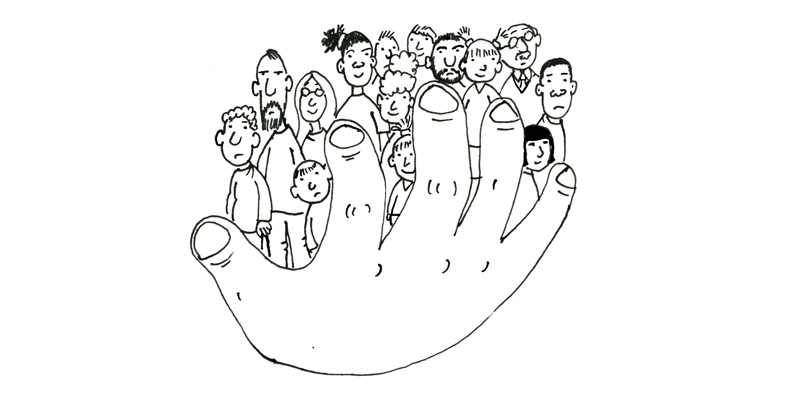1 Types of decisions
We all make decisions every day of our lives. Some of these decisions are relatively minor ones, others are bigger. Most of us are able to make these decisions by ourselves, although we may seek further information and advice for more important or complex ones.
Decisions are made in different contexts. Some cannot be reversed; some decisions involve choosing between alternative courses of action; some are made in times of uncertainty.
Activity 1 What is a decision?
Think about a normal day in your life. In the text box below, list some of the decisions you make during the day. Did you need help in making the decision and if so, what kind of help?
Comment
Decisions relating to a normal day in your life may have included those about what to eat or which clothes to wear. These decisions are what are known as everyday ones. Other decisions concerning your adult life include where you should live and what medical treatment you should seek. These are clearly different, bigger decisions.
You may feel able to make everyday decisions fairly easily; you might just need to know what the weather will be like, for example. For bigger decisions, you probably need to gather information over a longer period and discuss it with a friend or relative, before then relying on your own judgement to make the decision. In other words, you are able to, or have the mental capacity to, make a decision for yourself, albeit with additional information. This course is primarily concerned with people who no longer have this capacity or whose capacity fluctuates.
